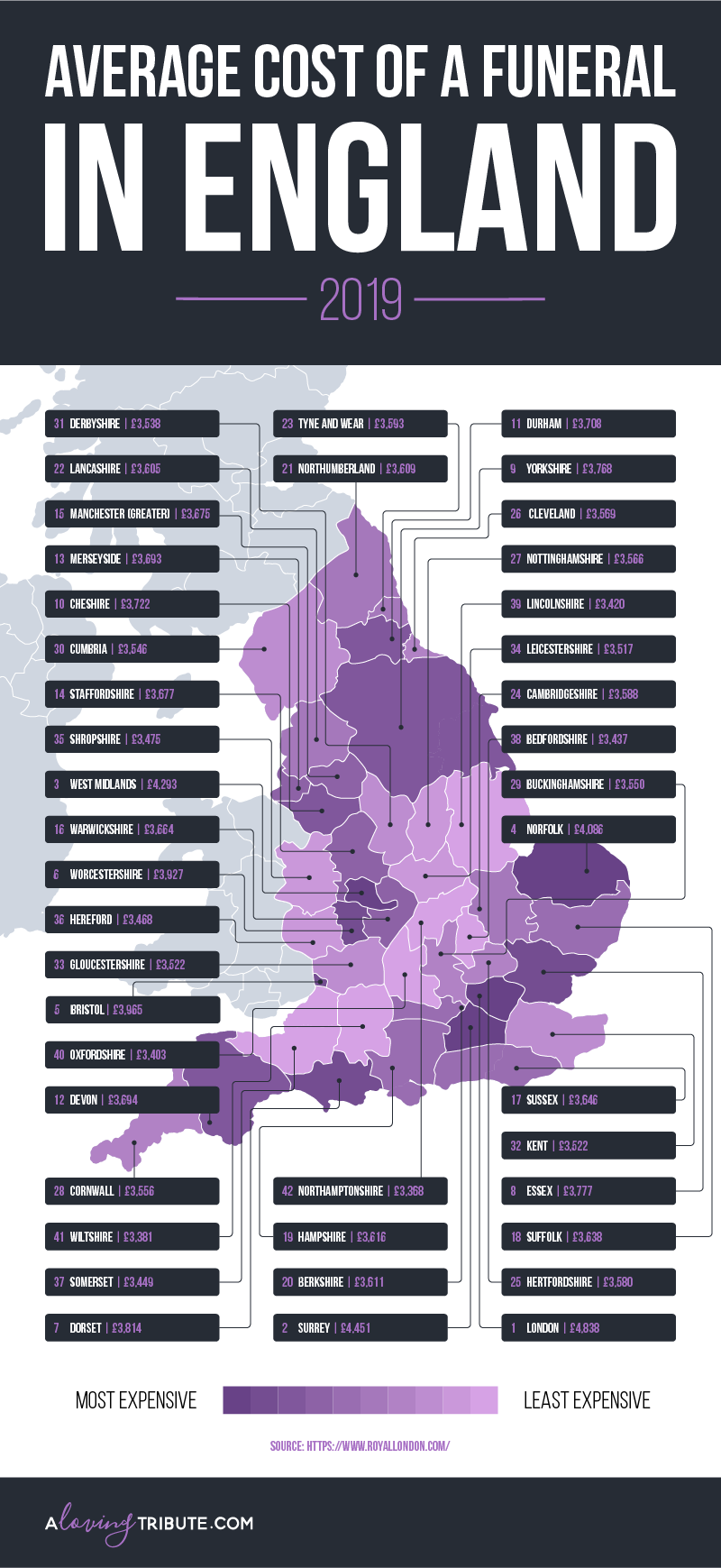How to talk to elderly relatives about end-of-life planning
Posted on
I was commissioned by Mobility Plus to give my thoughts on family topics surrounding how to help elderly parents or grandparents. One tricky matter to help with or even to bring up, especially with your own parents, is financial matters relating to end-of-life planning. In this blog post I will discuss why I feel it’s such an important conversation to have and how it provides peace-of-mind to everyone.
I’m in my 30s and I have a will in place and enough savings to cover my funeral should I suddenly die. It’s something I feel comfortable discussing when it comes to me. However, end-of-life planning can be an awkward topic to raise with parents, or grandparents when it’s about them.

Why discussing wills and funerals is important
I think it’s a very important topic and one that should be easier for people to discuss, especially the elderly, but I know it isn’t always that easy.
In my own experience I know people who won’t talk about funerals or wills. The thought of dying is either too terrifying or the topic of conversation just too morbid, so it’s always avoided. In another situation, when someone close to us was dying, they still couldn’t talk about making a will or their funeral.
These experiences have made us realise how important it is to have a conversation about end-of-life planning. It wasn’t that we wanted to know if we were left anything when a family member sadly died, but more to know what their wishes were and to do as they requested.
Not only do I want to honour an elderly relatives wishes when they die, but it’s also good for things not to be a surprise to people when someone does die, or to cause worry and stress. We are experiencing this at the moment as someone is contesting a will within the family and we are paying a small fortune in solicitor’s fees to get the matter resolved. It’s something that perhaps could have been avoided if an end-of-life financial discussion had once taken place.
We also never realised how much funerals cost, until we had to pay for one. It made us realise that if other family members don’t have funeral plans or savings, then we may have to pay thousands to cover the cost of a funeral in the future too. We also don’t want to leave this sort of financial burden with our family if we can help it, so we want to have enough saved to cover the cost of our own should the worst happen.
How to talk to your aging relatives about end-of-life planning
If you’ve experienced making final arrangements for someone you love, then you know how difficult it can be without a plan already in place. There are so many decisions to make on behalf of someone else that it can become a stressful time when you are already grieving, as well as cause worry that it’s not as they would have wanted.
Whilst approaching this topic of conversation with aging parents can be difficult, it will give everyone peace-of-mind to know their final wishes are in writing and will be honoured.
Here are some tips on how to approach that tricky forward planning conversation with your elderly loved ones.
· Don’t wait for them to start the conversation
Your relatives might be waiting for you to bring up the conversation or they might feel just as nervous as you do to bring it up. They might not want to upset you. Or it might be a topic that they find morbid and don’t want to discuss, but they need to understand how important it is to ensure they get their wishes. Don’t wait for them to start the conversation and instead work out the best way to approach this topic with them.
If appropriate with your loved one then dive right into the conversation with something along the lines of “I’m not trying to take your money or wish for the end, but if something happened to you then I want to honour your wishes. I think it’s important for us to discuss this so everyone has peace of mind. Do you have a will or funeral plan in place?”
· Explain the benefits of preplanning
If it seems a tricky conversation to have with your loved ones, then let them know why it is so important to have this discussion. Let them know how you want to be financially prepared and emotionally prepared for the end to stop an already emotional time from being any more stressful than it needs to be. It’s also a way to ensure their estate is passed on as they wish and that they have the choice of what happens to them when they die.
· Talk about your own plans first
If you have plans for your own funeral then this can be a great way to raise the topic. Talk about your wishes first in case you die before them and then ask if they’ve thought about their own. I’ve even made a funeral playlist and written a poem for my funeral, and told my husband about it just in case anything happens to me. That way he doesn’t have to worry about choosing the songs or words for my send-off.
The same conversation trick can be applied to talking about wills. If you’ve made a will then let your parents know. Tell them where they can find a copy of it and talk about your experience of getting a will. Ask if they have one in place and if not then make sure they know the benefits. If they are very elderly then they might need assistance in finding a suitable solicitor and understanding all the different scenarios. Offer to help them if they need it.
· Bring up a recent experience
If you or your elderly relative have recently been to a funeral then start with “I was thinking of what happened to [insert name here] and it’s made me realise how important end-of-life planning is.”
· Stop talking and start listening
If they are happy to discuss their wishes then let them talk. Don’t interrupt and listen carefully to what their plans are. Remember this is their life and their requests, so honour them even if they are different to your own ideas.
· Continue the conversation
Although you might have everything planned for your own end-of-life wishes, it doesn’t mean everyone else does. The conversation might take your relative by surprise and they may need time to think it all over. They may not even know all the answers or all the options available to them. Maybe start the conversation now and continue it at another time. Wishes might change over time so it’s also a conversation that should be ongoing.
· Make sure your siblings are part of the conversation
If you have siblings then make sure they are involved in the conversation or know about your parents/grandparents end-of-life wishes. Invite them to the conversations if possible, or make sure you all discuss it when you’re next together. It’s also a good idea to get things in writing so everyone remembers exactly what was said and there are no disagreements later on.
Talking about end-of-life planning is a topic most people want to avoid, but I hope the above has made you realise just how important this conversation is.
How much does a funeral cost?
In most regions of the UK you'll need the best part of £4000 to pay for a funeral. That's the average cost of a funeral in most places.
As I mentioned in the article above, I had no idea how much a funeral would cost. I certainly didn't ever think about the costs running into the thousands until we had to pay for a funeral ourselves! I don't think most people realise the cost of a funeral until they are in the situation, but it's good to be prepared. It's why saving an emergency fund is a great idea for any unexpected costs that life throws at us.
Of course the last thing we want to be spending our emergency savings on is the funeral of a loved one, but being prepared with enough savings or a funeral plan in place can ease the stress of financial worry at an already difficult and emotional time.


